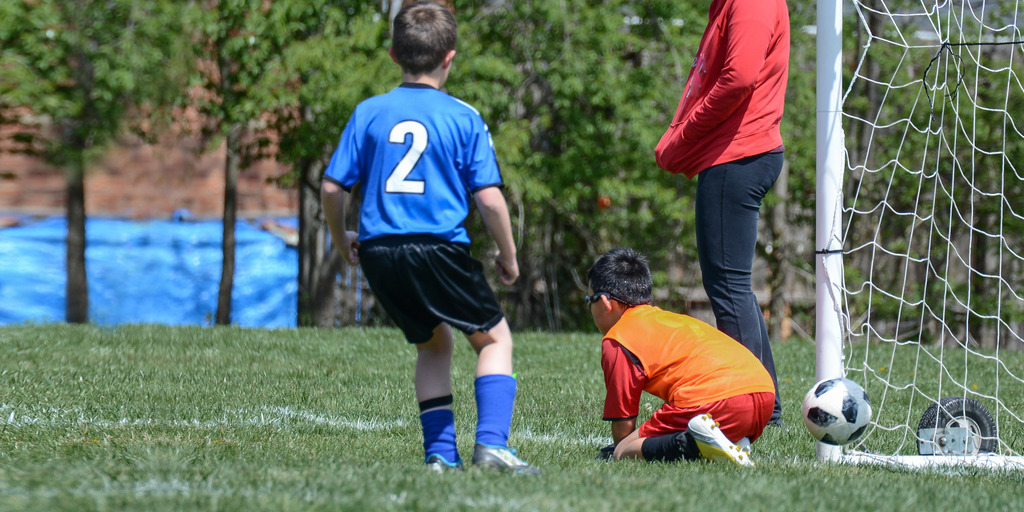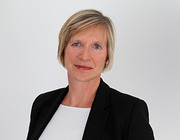Early childhood education and care (ECEC) centers and schools have become a natural part of young people’s lives. Children and adolescents spend considerable time there, something that shapes who they are and who they will become. They therefore need reliable, high-quality ECEC centers and schools where they feel comfortable, where they can participate and where they are seen as individuals. They need people there they can trust and who support them. ECEC centers and schools must provide children and adolescents with the social and living environments they need to develop and to grow.
In Germany, there is still a very close correlation between social background and educational achievement – one that must be reduced. It is therefore essential that the country’s states, municipalities and school boards invest in the quality of educational institutions, in effective approaches to inclusion, all-day schools and digitalization, in school buildings and equipment, and, above all, in well-qualified educational professionals, school social workers and school psychologists, among others.
Access to vocational, higher and ongoing education must also be developed further based on actual needs. Germany must guarantee an apprenticeship to young people who want one, and even nontraditional students should have the opportunity to study at university.

© vallejo123 - stock.adobe.com
Effective support where it’s needed
If all children and adolescents are to grow and develop as they should, they and their families need high-quality educational institutions, good infrastructure and low-threshold support – on site, where they live.
High-quality educational institutions
Free-time activities
Even if children and adolescents in Germany spend more time in educational institutions than previous generations due to the expansion of all-day ECEC centers and schools, their free time, which they can shape as they choose, plays an important role in their growth and development. This includes a range of activities: doing sports, taking music classes, participating in community groups, attending programs run by youth-welfare agencies, chilling and hanging out with friends, and using smartphones and computers to chat, surf and play games.
If children and adolescents are to organize their leisure time themselves, they need to be able to travel on their own to locations where they feel welcome and where they are free and safe to be themselves and to pursue their own interests. Young people are the ones who know what these locations should be like and which activities appeal to them most. It therefore goes without saying that their opinions should be heard, too. (Examples: jungbewegt and UWE)
Support system: contact points for children, adolescents and parents
Children, adolescents and families have the right to financial and other support, such as a more inclusive universal child benefit, a housing benefit, etc. They must be aware that they are entitled to such support, and it must be possible to apply for it easily and unbureaucratically. Things do not always go smoothly in family life. Children and adolescents – and parents – need people to whom they can turn in confidence to share their concerns and troubles, people who can assist them in finding solutions.
Contact points are therefore needed in all municipal districts, in family centers, in schools or in community centers that young people and their parents can turn to – whether to apply for benefits or to get advice and seek assistance. The goal must be for children, adolescents and their parents to make use of these resources as a matter of course. That is why the services they offer must be low threshold and the sites themselves easy to reach.




